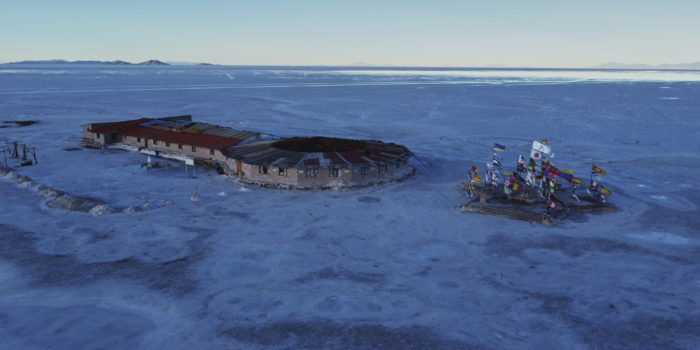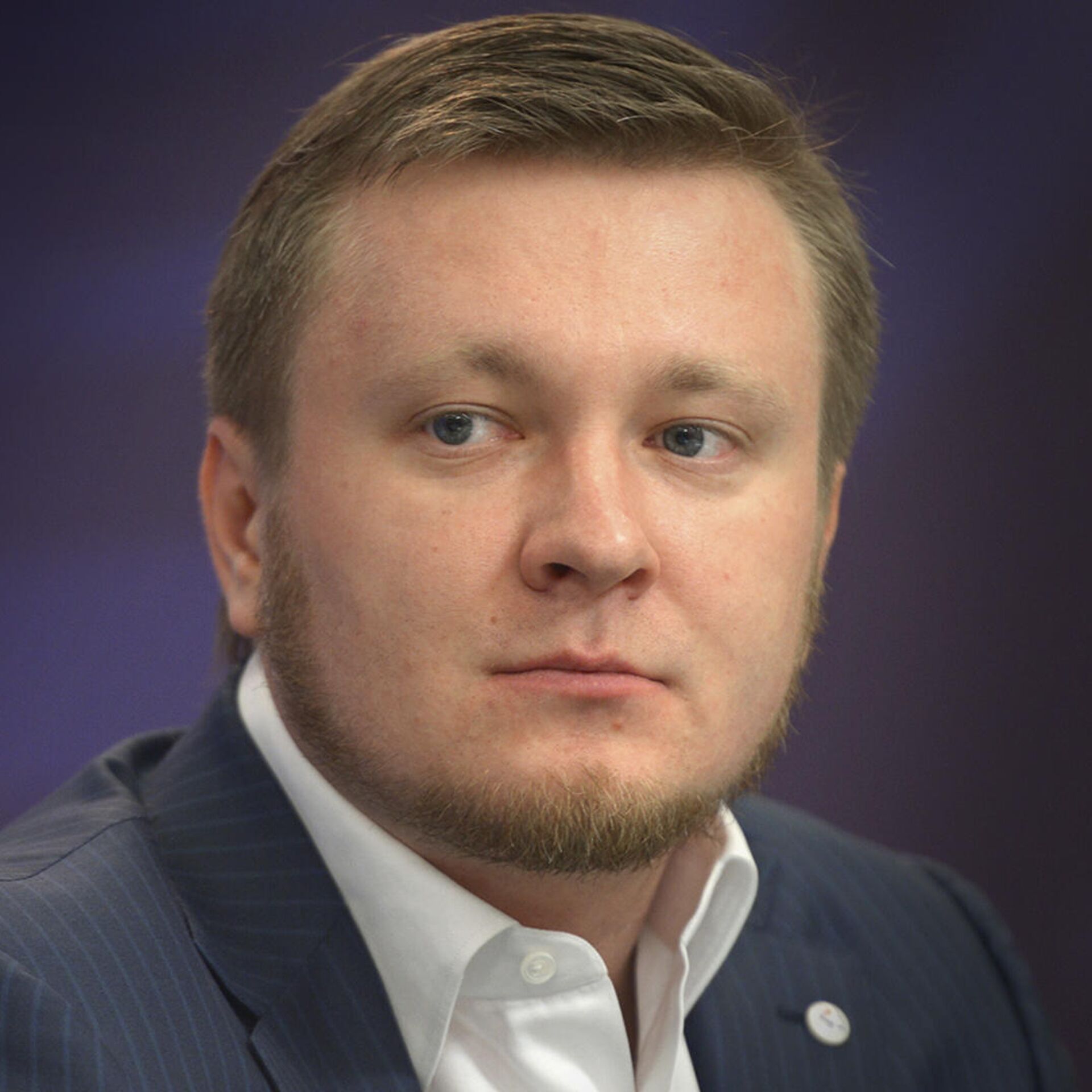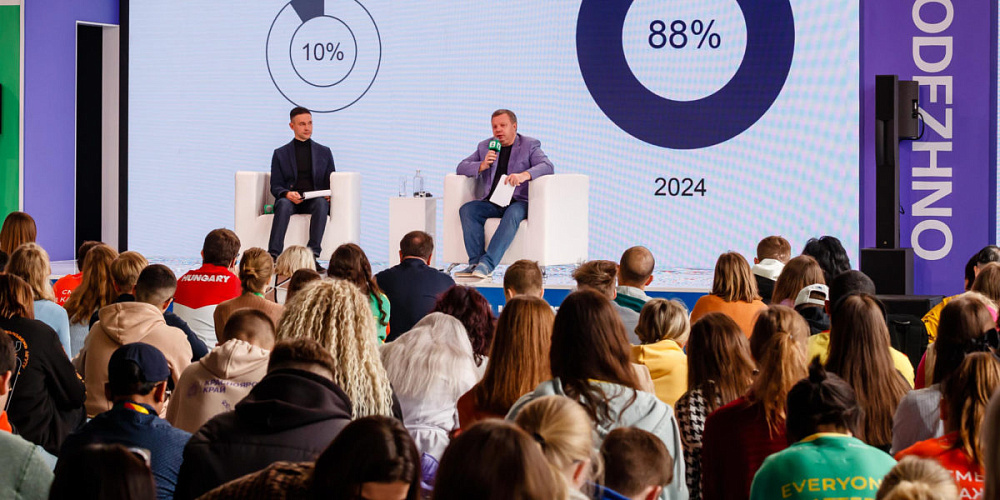On August 22, the sixth
Icebreaker of Knowledge international Arctic expedition, organized with the
support of Rosatom State Corporation in the year of the 80th anniversary of the
Russian nuclear industry and the 500th anniversary of the first Northern Sea
Route exploration, successfully returned to Murmansk.
For 10 days, 66 talented
school students from 21 countries including Egypt, Turkiye, Bolivia,
Kazakhstan, China and others traveled to the geographic North Pole on the 50
Let Pobedy nuclear icebreaker, attended lectures by leading nuclear and space
scientists and experts, conducted a number of scientific experiments possible
only in northern latitudes, familiarized themselves with the design and
operation of the nuclear icebreaker. During the expedition, Rosatom and
Roscosmos used the conditions of the North Pole to hold joint autonomous runs
of simplified models of advanced mobile space rover platforms delivered to
Solar System objects for geological exploration.
Alisa Li, a participant from China, brought along a traditional 3 meters long
Chinese scroll with an image of the 50 Let Pobedy nuclear-powered ship and
drawings symbolizing friendship between Russia and China. This friendship was
cemented by the wishes left on the scroll by the guys from Russia, the motto of
the 80th anniversary of the Russian nuclear industry "Pride. Inspiration.
Dreaming" and the personal signature of Ruslan Sasov, Captain of the 50
Let Pobedy nuclear icebreaker.
"This is the second
year in a row that the Arctic has been discovered not only by Russian children,
but also by school students from around the world. Our crew is happy that we
were able to show the expedition participants the North Pole and polar bears.
You should see the emotions of children to understand the value of the
Icebreaker of Knowledge," added Ruslan Sasov.
"Thank you to
Rosatom for this unique experience. I am proud to be one of the few Egyptians
to have reached the North Pole. It is a huge opportunity for me to be among
international participants from all over the world and to see the operations of
a nuclear icebreaker. Egypt is just entering the era of peaceful nuclear
applications. With Russia’s help, we are building four power units at El Dabaa
NPP, which will be the future of our energy sector. It was an honor for me to
unfurl a huge Russian flag together with everyone," said Mahmoud Said
Morsi, Head of the Radiological Emergencies Department of the National Center
for Radiation Research and Technology (NCRRT) of the Egyptian Atomic Energy
Authority (EAEA), an expert of the Icebreaker of Knowledge 2025 scientific and
educational program.
In honor of Russia’s
National Flag Day participants unfurled a Russian tricolor at the arrival
ceremony on board the 50 Let Pobedy nuclear icebreaker.
The Icebreaker of Knowledge scientific and educational
project is organized by the network of Nuclear Industry Information
Centers (NIIC) with the support of Rosatom.
The Icebreaker of Knowledge scientific and educational project is aimed at
promoting natural science disciplines and technologies of the nuclear industry,
finding and supporting talented and gifted children, developing their abilities
and career guidance. Over the project’s six seasons, more than 400 gifted
school students have participated in Rosatom’s Arctic expeditions.
In 2025 the expedition is held as part of the Science of Victory initiative during the Decade of Science and Technology. The Icebreaker of Knowledge international scientific and educational expedition is timed to coincide with the 80th anniversary of Russia’s nuclear industry and the 500th anniversary of Russia’s beginning to explore the Northern Sea Route, the celebration of which is stipulated by a decree of Russian President Vladimir Putin (dated March 10, 2025).
The participants of the sixth international Arctic expedition were school
students from 21 countries (Russia, Belarus, Armenia, Mongolia, Turkiye,
Hungary, Egypt, Kazakhstan, Kyrgyzstan, Uzbekistan, China, India, Vietnam,
Myanmar, Bangladesh, Indonesia, Ghana, Namibia, South Africa, Bolivia and
Brazil). The expedition’s scientific and educational program was developed by
Rosatom’s Corporate Academy. The expedition followed the route Murmansk — North
Pole — Franz Josef Land — Murmansk. The geographic North Pole was reached on
August 17, 2025.
The Northern Sea Route (NSR) is the shortest shipping route between the western part of Eurasia and the Asia-Pacific region and a historically developed national transportation artery of Russia. The first mention of the route along the seas of the Arctic Ocean dates back to 1525, when Russian diplomat Dmitry Gerasimov came up with the idea of using it for maritime communication between Russia and China. That moment marked the beginning of the Russian history of exploring the Northern Sea Route, which turns 500 in 2025.
Russia is the only country in the world with a nuclear-powered icebreaker fleet. The fleet is operated by FSUE Atomflot, an enterprise of Rosatom. Today there are eight nuclear-powered icebreakers in the icebreaker fleet of FSUE Atomflot.
In 2025, the Russian nuclear industry celebrates its 80th anniversary. The USSR was a pioneer and global leader in the peaceful use of atomic energy: Soviet nuclear engineers built the world’s first nuclear power plant (1954, Obninsk) and made the first nuclear-powered icebreaker to help explorers of the Arctic (1959, Lenin). Today, Rosatom continues developing and implementing advanced technologies in a wide range of industries. The State Corporation not only builds nuclear power plants, providing clean energy to hundreds of millions of people in dozens of countries around the world, but also ensures the logistics of the Northern Sea Route, produces new materials, develops and manufactures pharmaceuticals for nuclear medicine. The anniversary year is defined by three words: pride, inspiration, dreaming. Nuclear engineers are proud of the feat performed by the industry’s founding fathers. They are inspired by the accomplishments of previous generations. They plan to break new grounds, pushing the boundaries of what is possible. The 80th anniversary of the industry will be celebrated with a number of events, the key one being the World Atomic Week international forum to be held in Moscow this fall.




